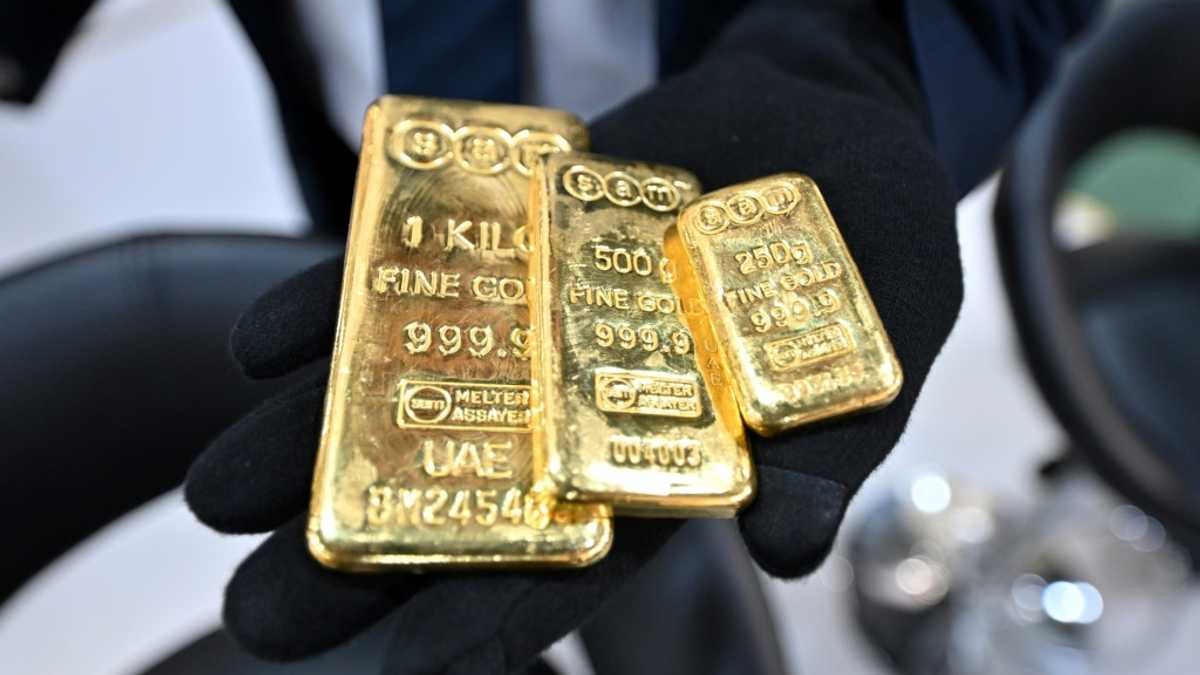
Impact of US Tariffs on Swiss Gold Trade
The imposition of a 39-percent tariff on Swiss imports into the United States has triggered significant consequences, particularly for the gold refining industry. Recent developments indicate that certain gold bars are now subject to these hefty levies, leading to a surge in gold prices on the US futures market. On Friday, the price of gold hit an all-time high following a clarification from US customs authorities.
The July 31 clarification was first reported by The Financial Times. It revealed that gold bars weighing either one kilogram or 100 ounces (2.8 kilograms) are affected by the so-called reciprocal tariffs. These gold bars are among the most traded types on the Comex, the world's largest futures market, and Switzerland is a major supplier of such bullion.
Previously, there had been widespread expectations in Switzerland that gold bars would be classified under a different customs code, thereby avoiding President Donald Trump’s sweeping "reciprocal" levies. However, this hope was dashed when Swiss officials traveled to Washington to negotiate a deal similar to the European Union, which faces a 15-percent rate. Despite their efforts, they returned without any agreement.
This development has placed additional pressure on the Swiss government, as the gold trade significantly influences its trade balance. John Plassard, head of investment strategy at Cite Gestion, commented that Switzerland was naive to believe gold would be exempt from US tariffs. He suggested that some of the gold refining business might shift to other centers like Antwerp, where gold bars face a 15-percent tariff.
Switzerland: A Global Hub for Gold Refining
Switzerland is home to four of the world's largest gold refineries, with Valcambi in Balerna being the most prominent. These refineries import unrefined gold from mines, recycled jewelry, or lower-purity bars to produce high-quality gold bars. This process makes Switzerland a key player in the global gold trade.
These refined bars are then reintroduced into the market for various purposes, including jewelry, watchmaking, industrial and technological products, banking, and central bank reserves. According to the Swiss Federal Customs Administration, the country imported 2,372 tonnes of gold in 2023 and re-exported 1,564 tonnes. The value of these exports reached approximately 88 billion Swiss francs ($109 billion at current rates), with China and India being the main buyers.
Including other precious metals like silver and palladium, the sector supports around 1,500 direct jobs and 1,000 indirect jobs in Switzerland. In 2023, Switzerland accounted for 34 percent of the total refined gold worldwide, according to the State Secretariat for Economic Affairs (SECO).
Surge in Swiss Gold Exports to the US
Swiss gold exports to the United States have seen a dramatic increase in recent years. In 2024, exports reached 11 billion Swiss francs, nearly doubling from 6.1 billion in 2023. The trend continued into 2025, with exports soaring to 39.2 billion francs in the first half of the year, compared to 1.7 billion in the same period in 2024. Nearly all of this, 37.6 billion francs' worth, was exported in the first quarter of 2025, followed by a sharp decline to 1.6 billion francs in the second quarter.
Swiss President Karin Keller-Sutter strongly disagreed with how Trump assessed the US trade deficit with Switzerland, arguing that the rise in gold exports in 2024 contributed to the increase in the deficit. She pointed out that the White House seemed to rely exclusively on 2024 data, which was an unusual year due to Trump's own influence.
According to the Swiss newspaper Le Temps, Swiss gold exports to the US skyrocketed in November 2024, following Trump's presidential election win. This surge was driven by increased demand for "safe haven" investments like gold.
